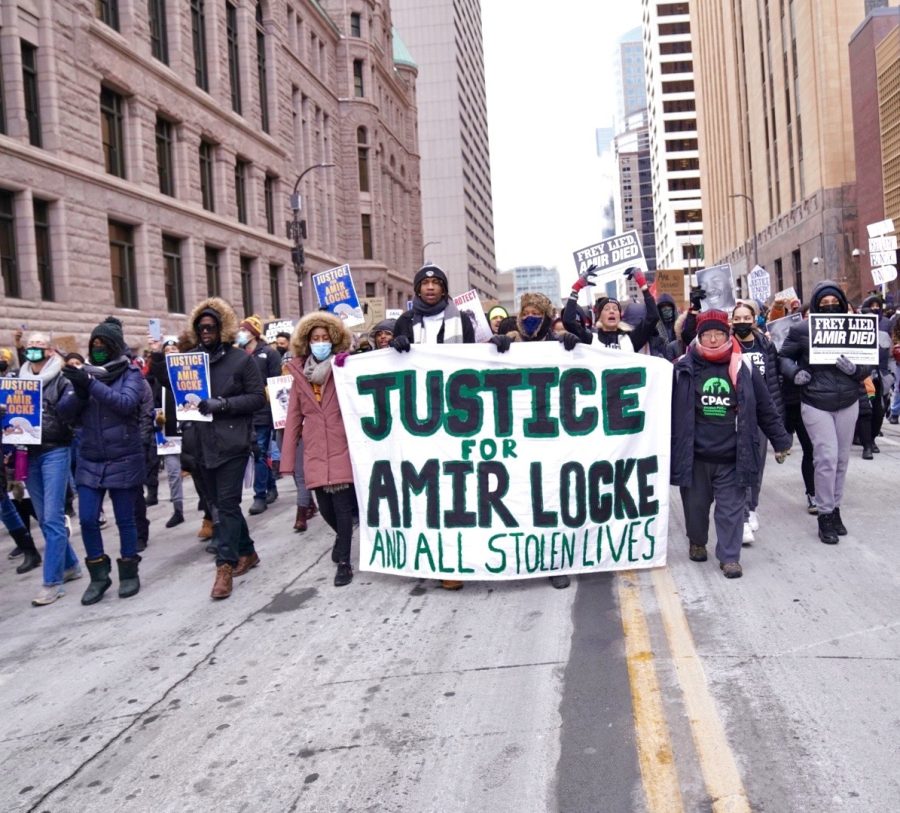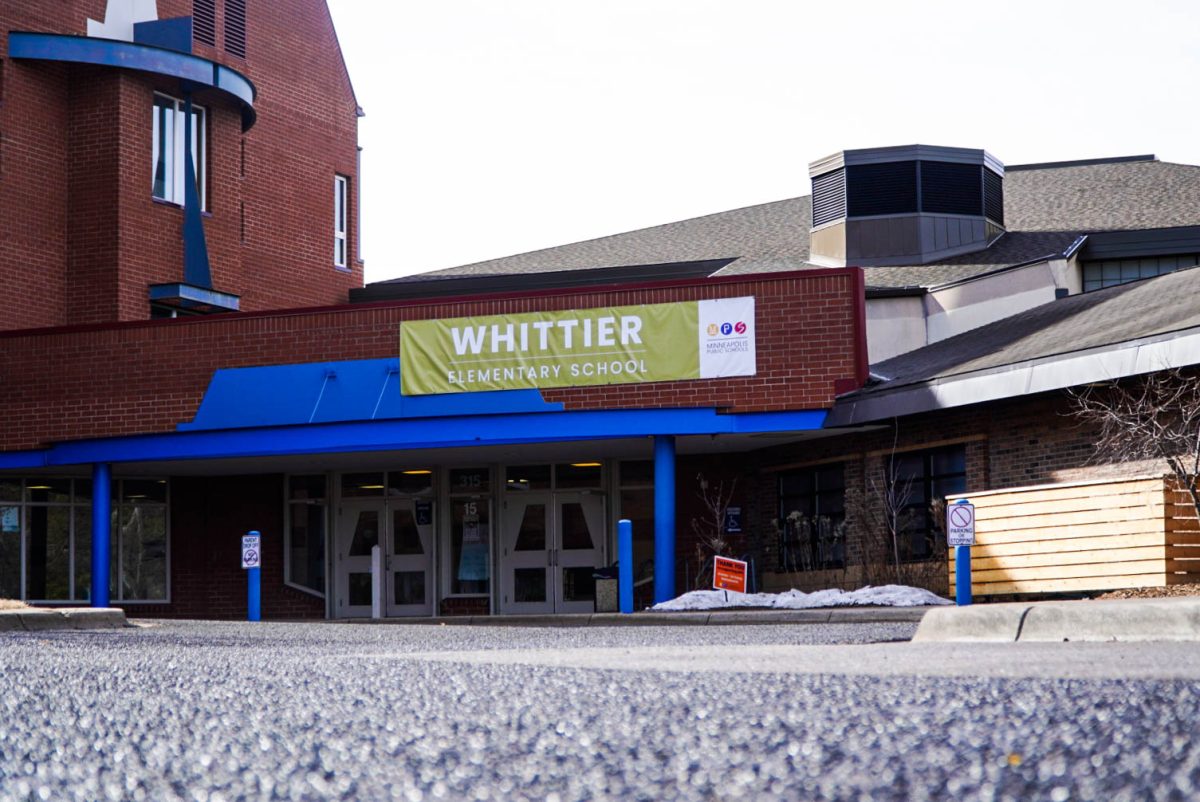Minneapolis Mayor Jacob Frey issued a new policy Tuesday that will go into effect Friday and will change the Minneapolis Police Department’s (MPD) search warrants requiring officers to knock and announce their presence before entering.
A press release from the office of the mayor said the new policy would add layers of accountability. However, some local activists do not think MPD will become more accountable.
When officers are executing search warrants they will be required to knock and announce their presence, then wait to enter. During the day, officers will be required to wait 20 seconds before entering, and at night they will be required to wait 30 seconds. In the past, no knock warrants could be used if approved by a judge, meaning officers could enter before announcing their presence.
According to the proposal, officers still can enter without knocking and announcing themselves if exigent circumstances arise that would require the officer to immediately enter. Exigent circumstances include preventing imminent harm or danger, preventing the escape of a suspect or when the suspect is being pursued by officers.
Michelle Gross, president of Communities United Against Police Brutality, said she talked to Frey about this policy and wanted to make sure that people had enough time to get to the door before the police entered, and suggested police officers wait at least 30 seconds, no matter the time of day.
Under the new policy, officers will be prohibited from executing no knock warrants, except under exigent circumstances. The policy was enacted after Mark Hanneman shot and killed Amir Locke during the execution of a no knock search warrant that Locke was not named in.
Hanneman was placed on a leave of absence after he shot and killed Locke, but has returned to his position. On Wednesday, Attorney General Keith Ellison and Hennepin County attorney Michael Freeman announced that Hanneman would not face criminal charges.
Gross said she was disappointed that the new policy did not ban no knock warrants completely, and thought giving MPD the ability to execute no knock warrants under exigent circumstances would provide a loophole for these warrants to stay.
“I don’t feel like they have defined it well enough in the policy,” Gross said. “No knock warrants are an antiquated practice that really have very little reason to exist.”
Frey worked alongside the Interim Director of the Minneapolis Civil Rights Department, Alberder Gillespie, MPD leadership, constituent groups and Campaign Zero, an organization focused on reducing police violence, to create the new policy.
“This policy is among the most forward-looking and extensive in the nation and will help keep both our residents and officers safe,” Frey said in a press release.
Frey campaigned to ban no knock warrants, and reformed them in November 2020, but stated that the reform that restricted the use of no knock warrants was not a ban, according to the Minnesota Reformer. When Locke was killed by an MPD officer, many activists pointed to this and began calling for a ban on these warrants. Shortly after Hanneman killed Locke on Feb. 2, Frey announced a moratorium on no knock warrants.
Jae Yates from Twin Cities Coalition Justice For Jamar said they were disappointed with the new policy because it did not have concrete language that would ban these warrants outright.
“I think that Mayor Frey wants constituents to feel like he has the police under control, but he doesn’t, there’s no evidence to suggest that he is either able or interested in exercising his executive control over [MPD],” Yates said. “It’s really important that we start kind of exposing this cycle of announcing a big, supposedly transformational action and then not actually doing anything to stop the police from not following the law.”
Toshira Garraway is the founder of Families Supporting Families against Police Violence. Garraway said while the policy can be viewed as a step forward, change should start with state legislators addressing the problem and creating solutions, such as new laws.
“This is a state of Minnesota problem,” Garraway said. “Until we understand that this is a statewide problem and more than a city of Minneapolis problem, that’s where we’re gonna get stuck.”















UMN0001
Apr 18, 2022 at 2:02 pm
While Amir had no criminal record, it is definitely interesting he was sleeping next to a loaded gun in an apartment by a suspected murderer. Not sure about you, but if one of my friends/relative is a person who may have committed a serious crime or murder, I am not going to stay at their place.
A Gopher
Apr 15, 2022 at 4:16 pm
Why has this city become so pro-criminal? I really don’t care how many thugs get popped I just want the criminals to be punished. If Amir wasn’t shot by a cop how long until his rivals did him dirty?
Meat Eater
Apr 12, 2022 at 8:24 pm
Even if they did institute a 30 second wait, the next bone of contention would be “I didn’t hear them knock” or they didn’t knock loud enough (activists would demand a decibel rating on the knock).
Just face the facts, you live in a city with numerous people with ill intent, whose side are you on, the criminals or the cops?
I already made my decision, I no longer work, live, or go to school in either of the Twin Shiddies, and I don’t go there unless there is no alternative.